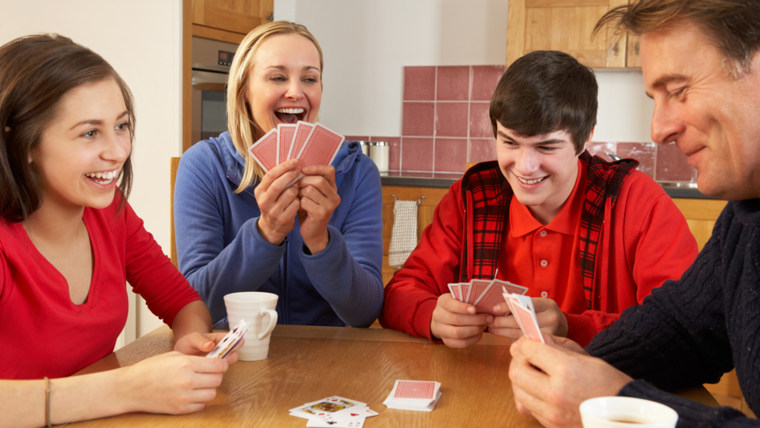The lure of the screen — TV, computer, phone — is hard to ignore. But if parents are finding it hard to pull their child away from that glowing, often interactive, device, researchers have a way to fix things fast: turn off your own screens first.
Multiple experts indicate that parental intervention, by both example and action, can help kids break the screen habit and develop healthy interpersonal relationships with live humans.
Harvard School of Public Health experts Steven Gortmaker and Kaley Skapinsky have a free guide, "Outsmarting the Smart Screens: A Parent's Guide to the Tools That Are Here to Help." They say that children should not have cellphones or televisions in their bedrooms, and reasonable limits should be set for teenagers on screen time.
Meanwhile, psychologist Dr. Catherine Steiner-Adair, author of "The Big Disconnect: Protecting Childhood and Family Relationships in the Digital Age," said that parental behavior influences children's abuse of electronic devices. Children copy their parents' behavior by disappearing into their devices just like mom and dad. In her book, as reported in The New York Times, Dr. Steiner-Adair said parents should use their devices only when the children are not around.

One child the doctor interviewed for her book told her, "I feel like I'm just boring. I'm boring my dad because he will take any text, any call, any time, even on the ski lift."
Meanwhile, family therapist Susan Stiffelman, author of "Parenting With Presence," told the Times that parents have to be strong when it comes to limiting screen time. "Children grow into resilient adults by living through disappointment," she said. "It's OK for your kids to be mad, bored or anxious about missing out on what their friends are up to online."
As it is for parents!